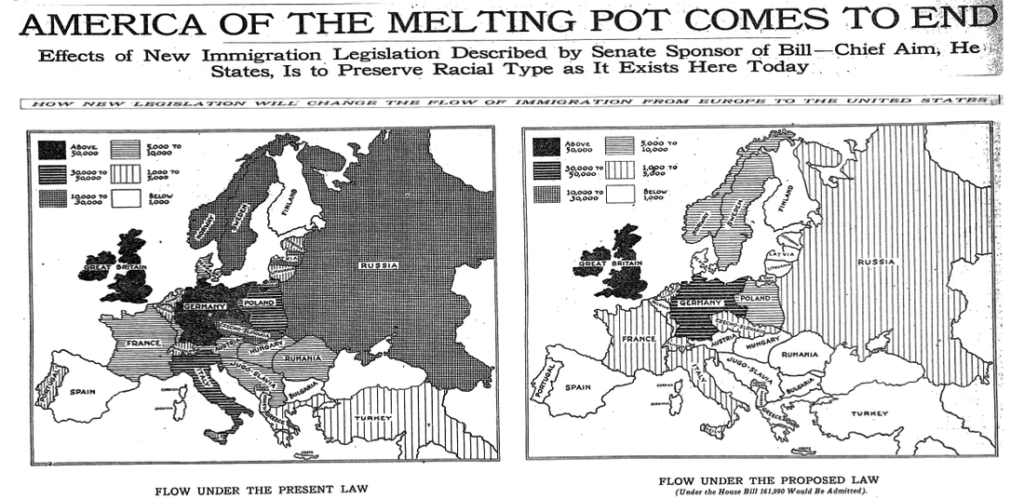Tech mogul turned Trump supporter Elon Musk has been banging the drum on Britain’s notorious grooming gangs scandal in recent days, earning the ire of Prime Minister Sir Keir Starmer’s Labour government. On the other side of his mouth, however, he has been advocating for the same cheap labor migration that laid the foundations for the scandal.
Musk’s two-decade-late intervention in Britain’s long-running rape gangs crisis comes way behind time for many of the victims, some of whom are already running into their still un-deported abusers in public, their paltry and often misleading sentences already complete.
Several public inquiries have conceded that officials at best turned a blind eye to much of the abuse, because the groomers were predominantly Pakistani-heritage Muslims, and their victims were predominantly working-class white girls. Officials proved far more concerned about “community tensions” and being called “racist” than they were about the “child prostitutes” being raped, pimped, and killed by dozens of migration background men.
Justice is a long shot, however. These failings have largely been waved away as “institutional,” without any individual decision-maker being punished. The governing Labour Party will resist being seen to finally act only in response to pressure from Musk.
What Musk can do, however, is stop lobbying to create the same conditions that spawned Britain’s grooming gangs in America.
WHERE DID THE RAPE GANGS COME FROM?
Britain’s rape gangs are comprised mainly of people of South Asian and Middle Eastern heritage, predominantly Pakistanis. Few, at this point, are first-generation immigrants. Most are second and even third-generation “British Pakistanis”—fully 1.6 million people, according to the latest census, from just a few thousand as recently as the 1950s.
How was this huge and badly integrated community established? Initially, through the same sort of labor immigration that Musk has been advocating in America through the expansion of the H-1B visa program.
Post-war, British textile bosses hungry for cheap labor began importing Pakistanis to work in their mills. As with Musk’s H-1B visas, this was ostensibly to ensure Britain remained “competitive.”
A voucher system was established, with Pakistani migrant workers able to bring over their friends and relatives, establishing what rapidly became permanent communities comprised of cousin spouses and often clannish extended families. Chain migration. The same sort that is occurring with America’s unfolding H1-B scandal.
Sooner than expected, the textile mills went. No amount of cheap labor could make them “competitive” with Third World sweatshops or Continental European firms that had focused on automation and productivity to retain a niche. But the Pakistanis stayed, with British taxpayers increasingly having to bear the cost of looking after them—their unemployment rate is the highest of any ethnic group, at more than double the national average, to this day.
Many remained poorly integrated, because they had arrived in such numbers that integration was not necessary. Backward views of British girls, informed by Pakistani and Islamic cultural mores, took hold, providing moral cover for their abuse.
Of course, not every Pakistani is a groomer, but the proportion involved is shocking. In the rape gang hot spot of Rotherham, for instance, an astonishing one in 73 Muslim men have been charged—and this is almost certainly a significant undercount, given how few were prosecuted compared to the number of abusers reported by victims.
CULTURE FIRST.
This is why U.S. immigration law prior to the 1960s, for all its faults, prioritized cultural compatibility over “competitiveness.” Americans in the 1920s thought even the European migrants they were getting were a little too different to easily assimilate, and legislation was passed in 1924 favoring British and, to a lesser extent, German immigration, with Russian, Italian, and even French immigration reduced. Asian immigration was stopped altogether.
One hundred years on, we need not go to such extremes. However, cultural compatibility is a factor to be considered just as carefully as corporate labor demands, as Britain’s disastrous experience clearly shows.



